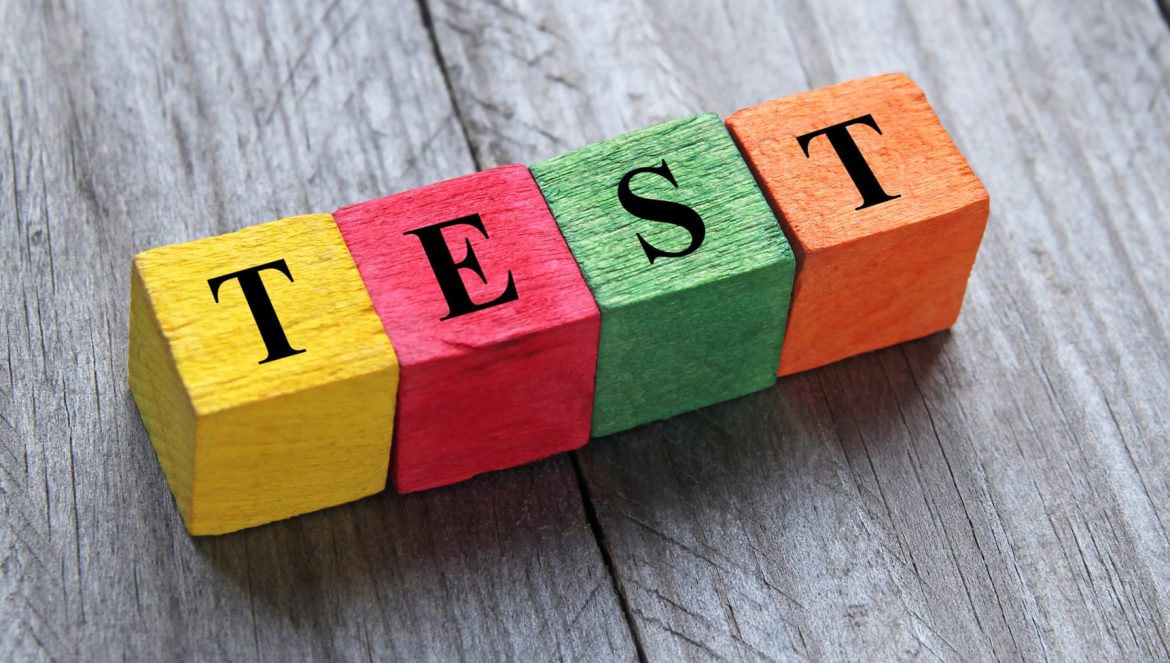Table of Contents
How can we make assessment for success the standard? My family and I sat down to play a trivia game we had newly gotten from the holidays based on the television show Friends. I was excited to test my love of the show for I had watched every of one its 236 episodes and who knows how many reruns. It was my favorite show on television during its time and there are many episodes my family and I quote to one another all the time. I felt I had a true understanding of the sitcom, and this trivia game would test that, or so I thought. It led me to some questions regarding assessment for success.
Testing Memory
“When I think back on all the crap I learned in high school, it’s a wonder I can think at all.”
- Paul Simon (Kodachrome)
The first question I was asked was “What is the name of the guy who works at the copy place with Chloe?” I thought back in my memory of the show and was able to recall that Chloe had been the girl Ross had been with the same night Rachel had broken up with him. Chloe was a character who was in a single episode and did not garner much screen time. Her only purpose was to create further conflict.
I had not remembered her name and barely recalled her working at a copy place. These facts were less important than the actual impact it had on the Ross and Rachel relationship for this would drive a lot of the storyline as we would have to wait 7 more seasons to see them get back together. So given the fact that her name wasn’t important, why was remembering the name of the guy who worked with her who had even less screen time and really served no purpose in the grand scheme of that particular show essential?
Assessment for Success- Attention & Memory
Thinking this was a fluke, I listened as the next question was asked. From season 7, “what did the duck eat causing it to get sick?” I remembered there was a duck as well as a chicken I believe. But I was having trouble remembering that it had eaten anything to upset its stomach much less what it was that was eaten. And so this continued on throughout the night, listening to question after question that was asking for inconsequential information.
My conclusion was that this was more frustrating than fun. Having to pay attention to such non-essential details or remembering things that had nothing to do with the enjoyment of the overall episode do not inspire me want to want watch a Friends episode like I thought playing the game would.
This reminded me of a time I was helping my high school daughter study for a social studies test. And guess what? All of the things she was being required to know for the test were just like the questions in the Friends trivia game. They were useless facts that had nothing to do with the overall impact of the event. They were questions making students focus on stuff that doesn’t really matter and overlooking the stuff that does.
Assessment for Success- Utility
An example of one of those questions was “how deep was the Erie Canal?” My response, who gives a crap? Why is that important to know? That has nothing to do with the impact of the Erie Canal and what students should be remembering about it. Instead, they should be looking at its effect on westward expansion and how it allowed commerce to take place in the Midwest. How were these big ideas getting lost in the small minute details the teacher was requiring of my daughter?
I noticed this pattern a lot when helping her study for tests in science and ELA as well (not math because I can’t help her there). This continued for my younger daughter who now as a high school student, it being required to learn the elements of the periodic table and the names of secondary characters in books and history.
This leads me back to the question of why we require students to regurgitate information that will only benefit them should they get a chance to be on Jeopardy? In my adult life, I have never had to remember the periodic table (and if I did I could easily look it up on my phone), I have never had to use any of the formulas my geometry teacher forced us to memorize, and I have certainly never been asked how deep the Erie Canal was.
In Conclusion on Skills and Knowledge
School then becomes a Friends trivia game where we are trying to trick people based on details that don’t matter. Shouldn’t we be asking the bigger questions? Shouldn’t we be testing for skills that are beneficial for the long term such as collaboration with others, research, and leadership? We as an education system need to stop testing kids with easy to grade questions with either a right or wrong answer. As every adult knows, life is not that simple. Rarely is there ever a definitive answer that is easy to evaluate.
Schools should be measuring what matters and what matters are thinking skills. These skills, no matter what the content, would be beneficial to someone in their later life. Does this make our jobs tougher? Absolutely, but then learning shouldn’t be easy. Otherwise you are not really learning anything.
Stay Connected With Assessment for Success on edCircuit
Read more from Todd Stanley on edCircuit.
Follow edCircuit on Twitter for updates from across K-20 and EdTech






